Optimal Timing for Garden Path Installation
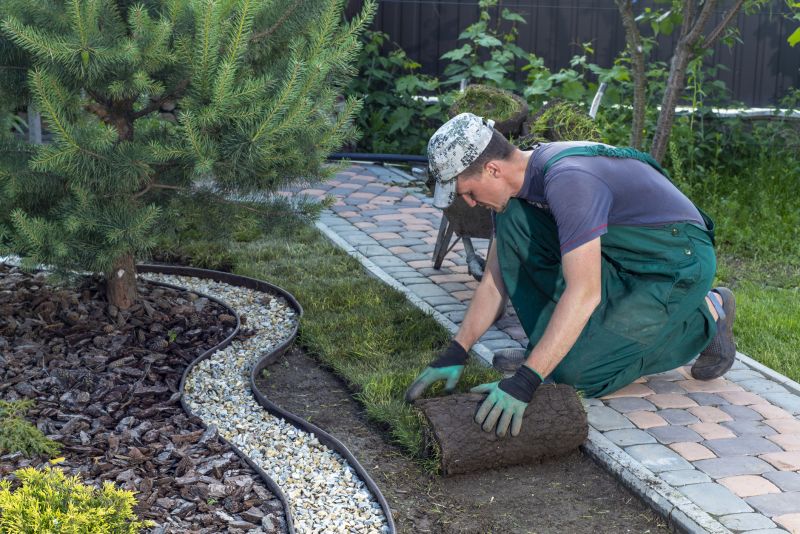
Spring offers optimal conditions for garden path construction due to moderate temperatures and soil moisture.
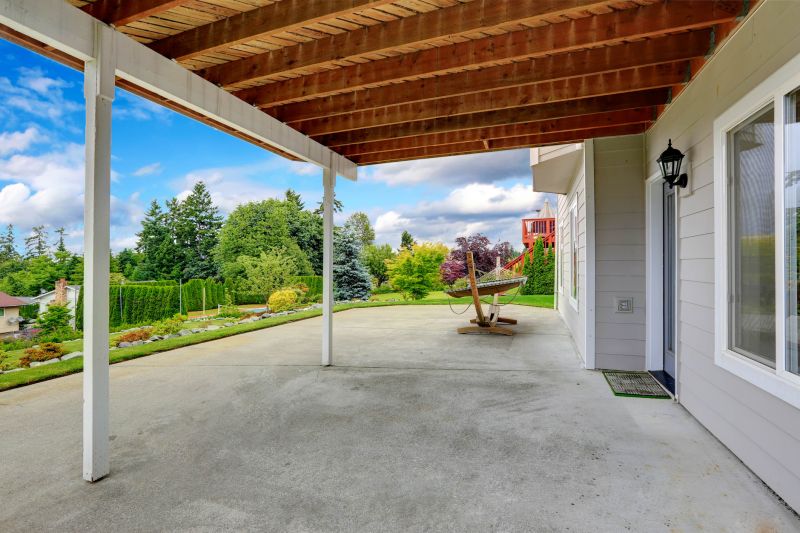
Summer can be suitable if temperatures are moderate, but extreme heat may hinder work and curing times.
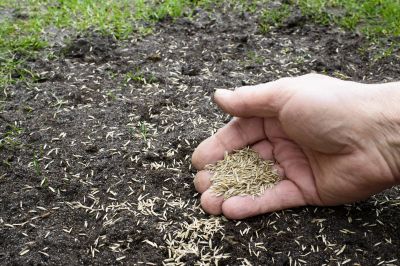
Autumn allows for installation before winter, provided weather remains dry and soil is workable.
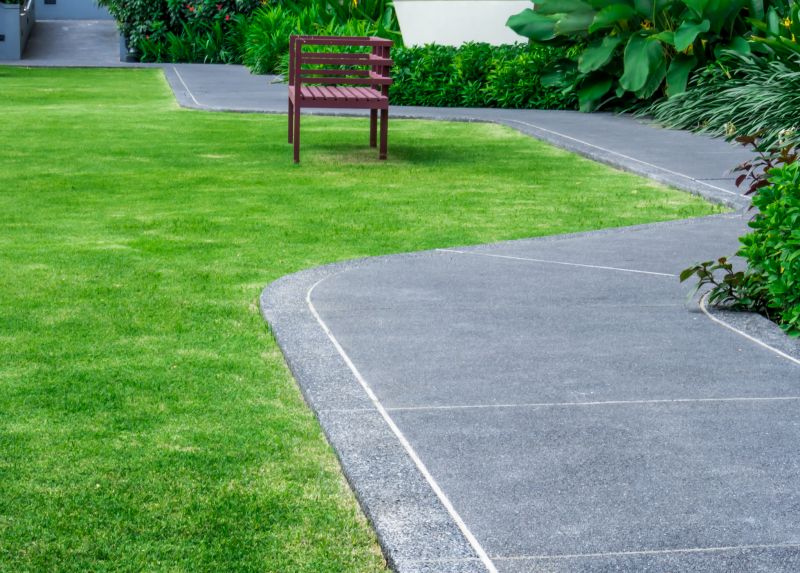
Ways to make Garden Path Constructions work in tight or awkward layouts.
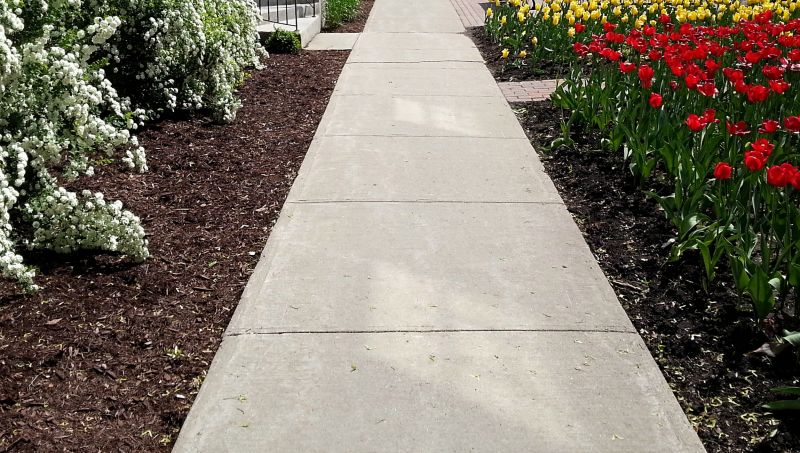
Popular materials for Garden Path Constructions and why they hold up over time.
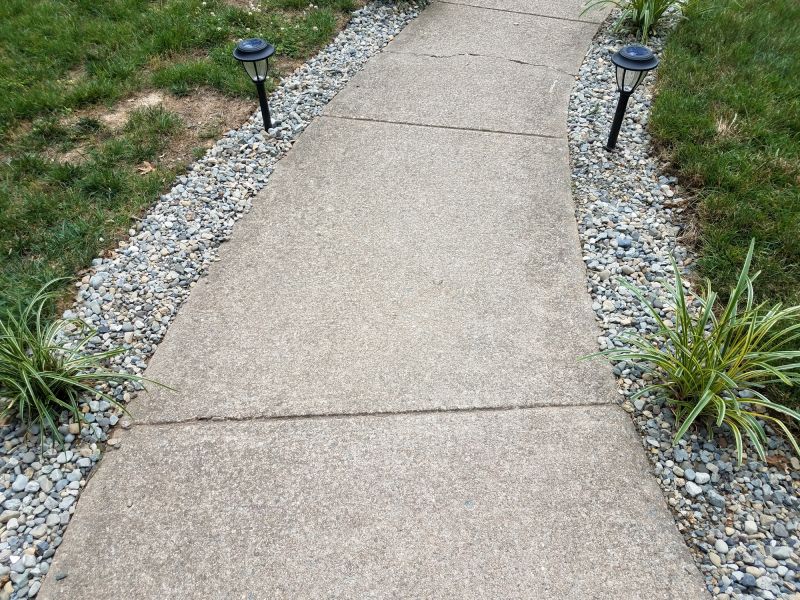
Simple add-ons that improve Garden Path Constructions without blowing the budget.
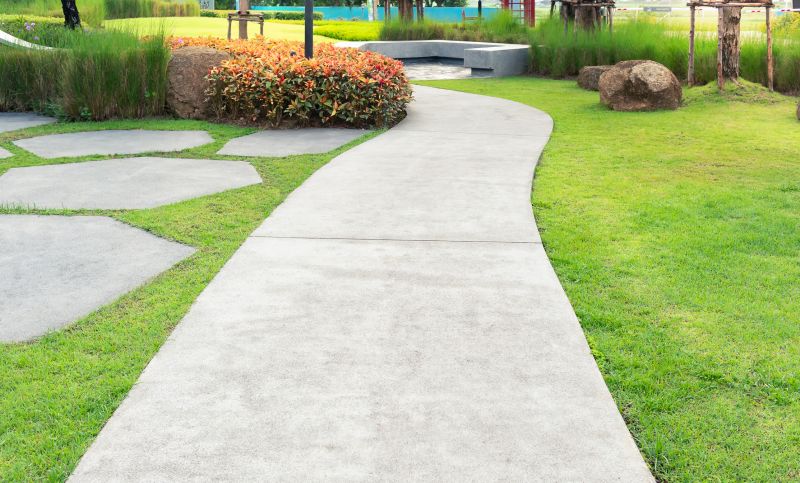
High-end options that actually feel worth it for Garden Path Constructions.
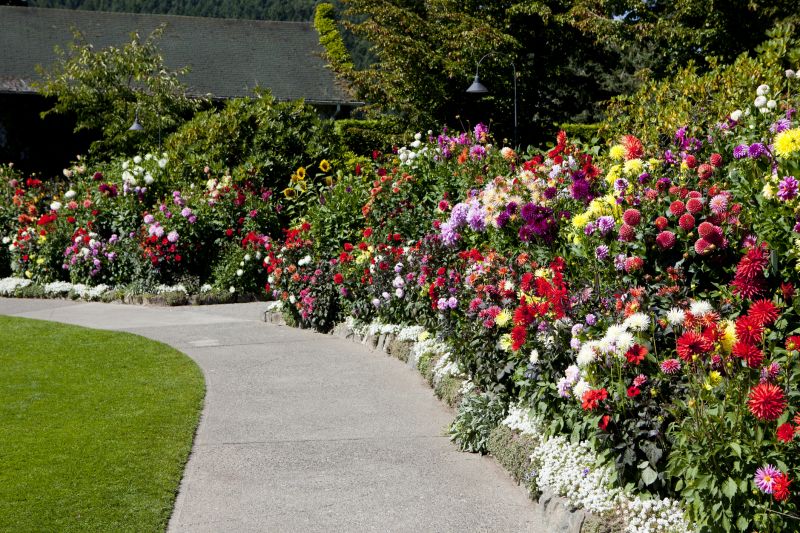
Finishes and colors that play nicely with Garden Path Constructions.
Garden path constructions involve the installation of walkways and pathways within outdoor garden spaces. Proper planning and timing are essential to ensure durability and aesthetic appeal. The optimal time for construction depends on weather conditions, soil moisture, and temperature, which influence the workability of the ground and the curing process of materials used.
Ideal soil conditions are moist but not waterlogged, enabling easier excavation and placement of materials.
Dry weather prevents delays caused by rain and reduces the risk of material washout or instability.
Temperature ranges affect the curing time of materials like concrete or mortar used in pathway installation.
Timing should account for local climate patterns to avoid work disruptions and ensure long-lasting results.

A newly constructed garden path in spring with lush greenery.

A garden pathway during summer, showcasing warm tones and vibrant plantings.

Pathway surrounded by fall foliage, ideal for autumn installation.
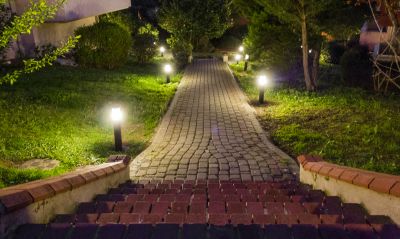
A garden pathway covered with light snow, illustrating year-round usability.

Close-up of natural stone used in garden pathways.
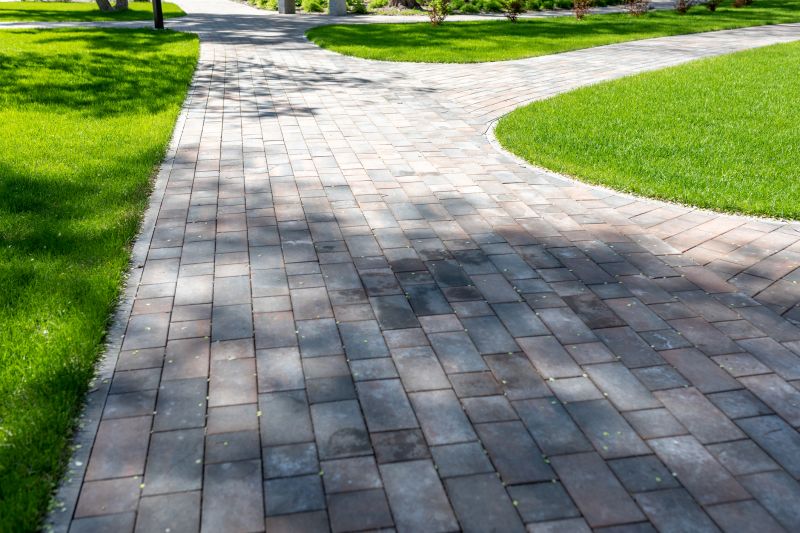
Pathway made with brick pavers, showing detailed laying process.
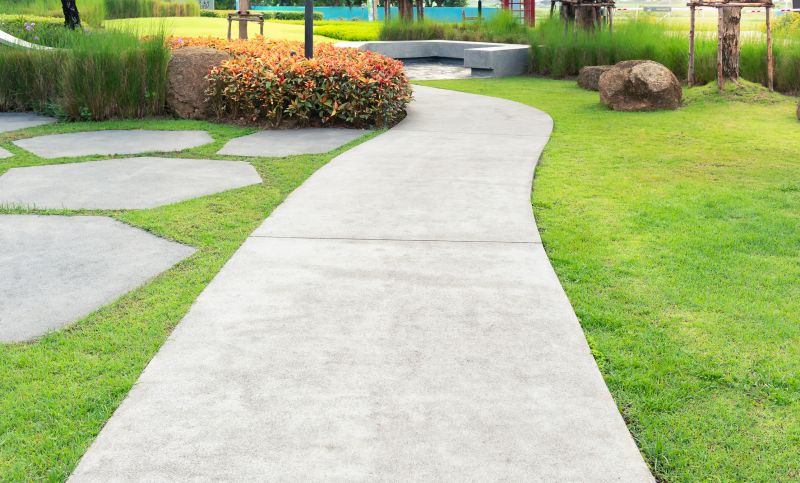
Modern concrete pathway with smooth finish.
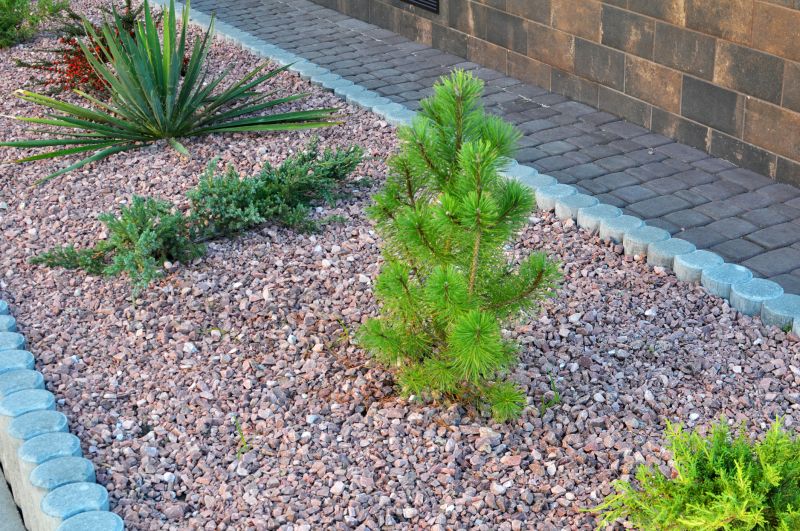
Path with decorative edging to enhance visual appeal.
| Season | Suitable Conditions |
|---|---|
| Spring | Moderate temperatures and moist soil ideal for construction. |
| Summer | Suitable if weather is mild; avoid extreme heat. |
| Autumn | Good for installation before winter, provided weather is dry. |
| Winter | Generally not recommended due to cold and frozen ground. |
| Late Spring | Optimal for early planning and preparation. |
| Early Autumn | Allows completion before cold weather sets in. |
Timing garden path constructions correctly can significantly impact the longevity and appearance of the pathways. Proper assessment of seasonal weather patterns and soil conditions ensures the installation process proceeds smoothly. Planning ahead for suitable weather windows minimizes delays and material issues, resulting in durable and visually appealing pathways.
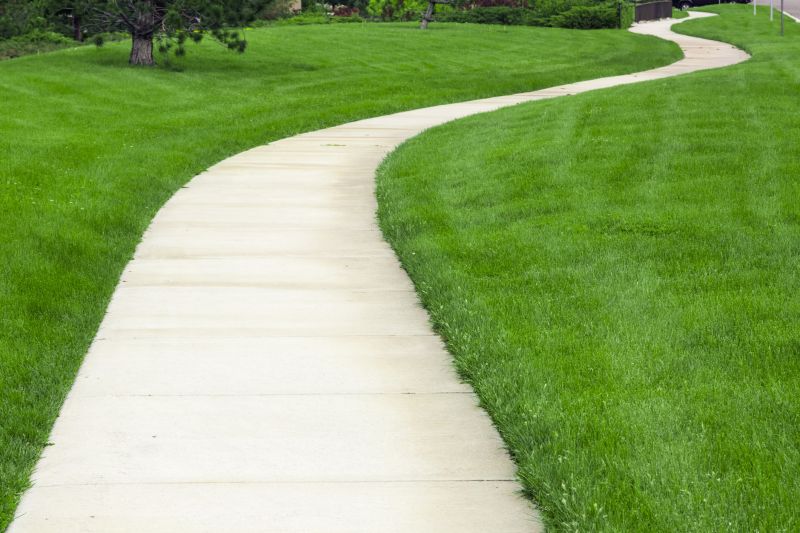
A pathway being installed during optimal weather conditions.
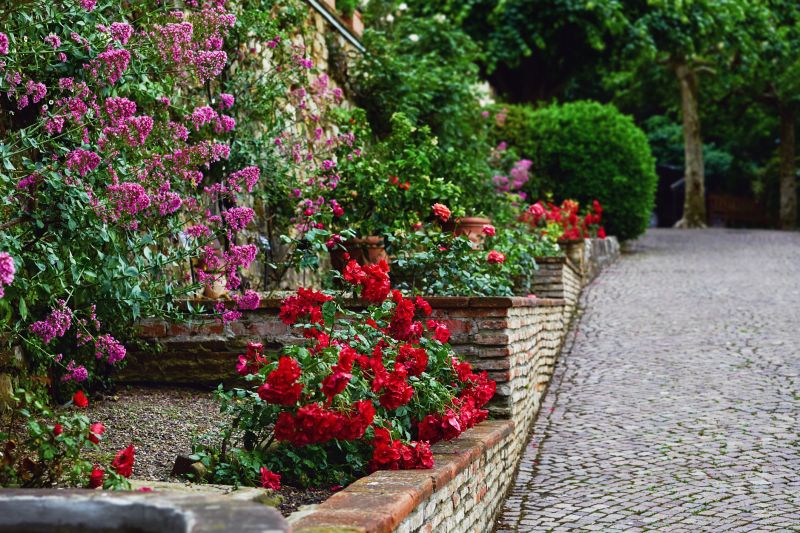
Completed pathway with decorative stones and edging.
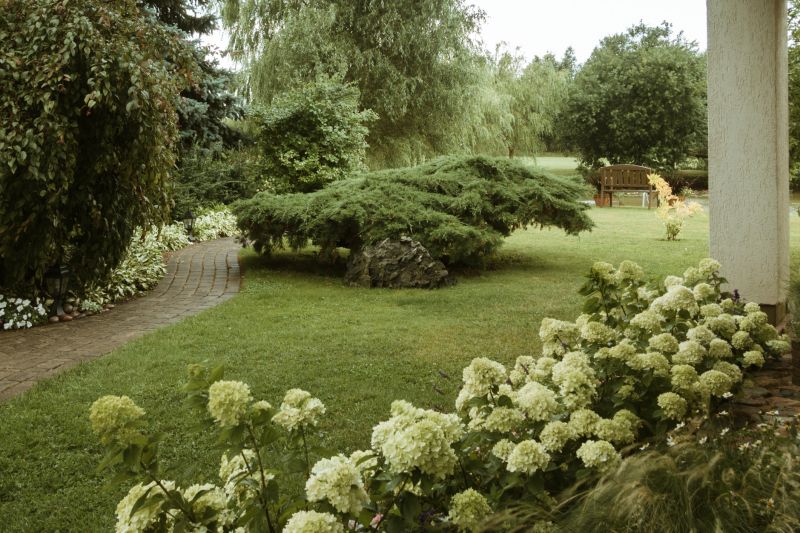
Pathway in a lush spring garden setting.

Pathway during winter, demonstrating year-round usability.

Little measurements that prevent headaches on Garden Path Constructions day.
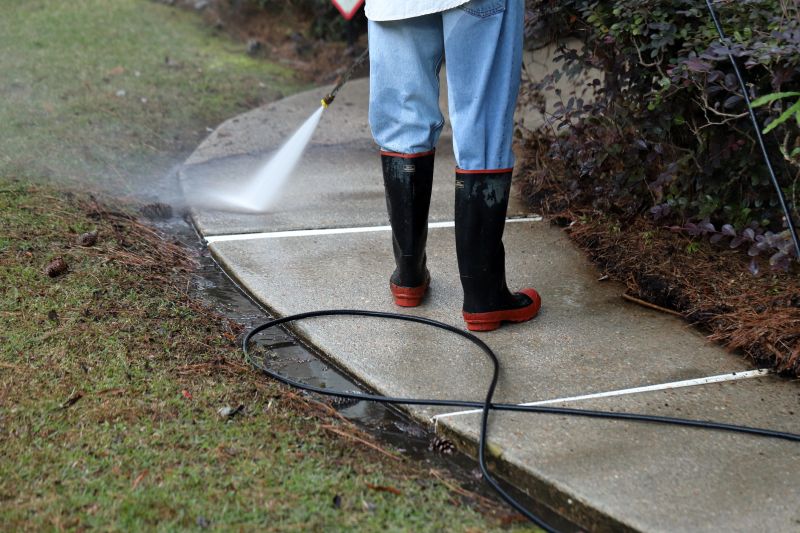
A 60-second routine that keeps Garden Path Constructions looking new.
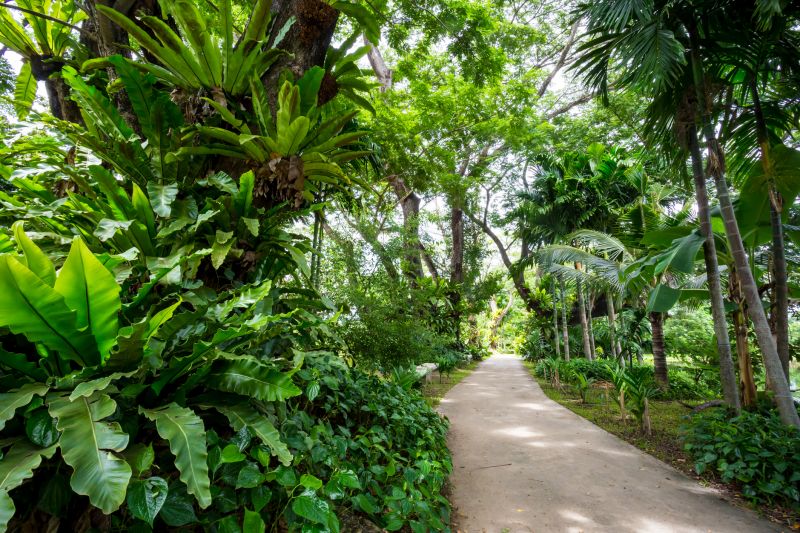
A frequent mistake in Garden Path Constructions and how to dodge it.

Small tweaks to make Garden Path Constructions safer and easier to use.
Interested in garden path constructions? Filling out the contact form can provide more information and assistance with planning and scheduling projects to ensure optimal results.
